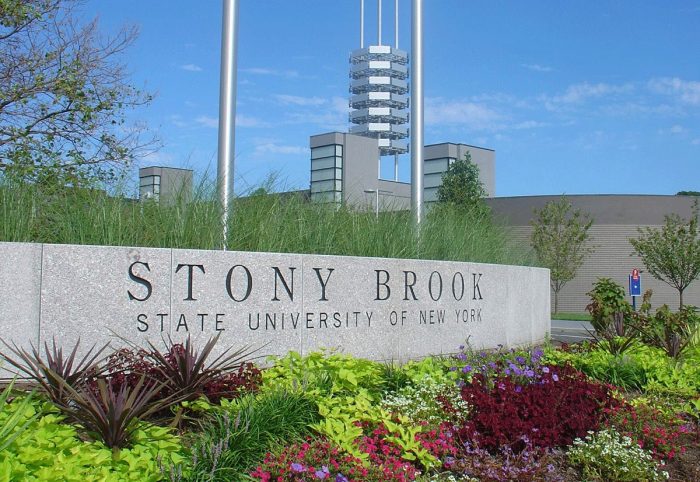SBU News: Laboratory investigating infectious agents receives grant to support pandemic preparedness
Stony Brook’s LCM facility will use $3 million of NIH funding for equipment and structural upgrades
The Laboratory for Comparative Medicine (LCM) at the Renaissance School of Medicine at Stony Brook University has received a $3 million grant from the National Institute of Allergy and Infectious Diseases (NIAID) of the National Institutes of Health (NIH) for facility upgrades and new instrumentation to support advanced research on virulent and emerging pathogens.

The grant was in response to a call for “Emergency Awards: Biocontainment Facility Improvements and Building System Upgrades to Support Pandemic Preparedness” from the NIAID. The one-time NIH funding allotment will help support research on the current COVID-19 pandemic and future investigations centering on antiviral programs, antimicrobial approaches, and therapeutic measures to prevent or mitigate infectious disease outbreaks or future pandemics.
The LCM is engaged in basic, translational, and preclinical research on SARS-CoV-2, the viral agent of COVID-19, as well as other infectious agents. During the past five years, researchers at Stony Brook University have conducted work investigating three different RNA virus families relevant under the American Pandemic Preparedness efforts. In addition, the LCM is being used for research on tick-borne pathogens, which are critical to our area, and for studies on tuberculosis, a global infection.
“This award enables us to make infrastructure improvements and acquire new scientific instrumentation to expand our capabilities to perform research on highly pathogenic agents,” says David Thanassi, PhD, Principal Investigator, Scientific Director of the LCM, and Chair of the Department of Microbiology and Immunology. “This is truly a key step toward pandemic-preparedness and provides enhanced resources to not only Stony Brook researchers from multiple school of medicine and other scientific departments, but also state and regional investigators working to combat current and future pandemic threats.”
Stony Brook has a long history of conducting microbial pathogenesis research on emerging pathogens and those that cause common and widespread infection globally. The LCM is a biocontainment facility working on a variety of microbial agents, including viruses and bacteria. Research in the LCM serves multiple academic investigators and groups, as well as biotechnology companies, both within and outside of Stony Brook University.







